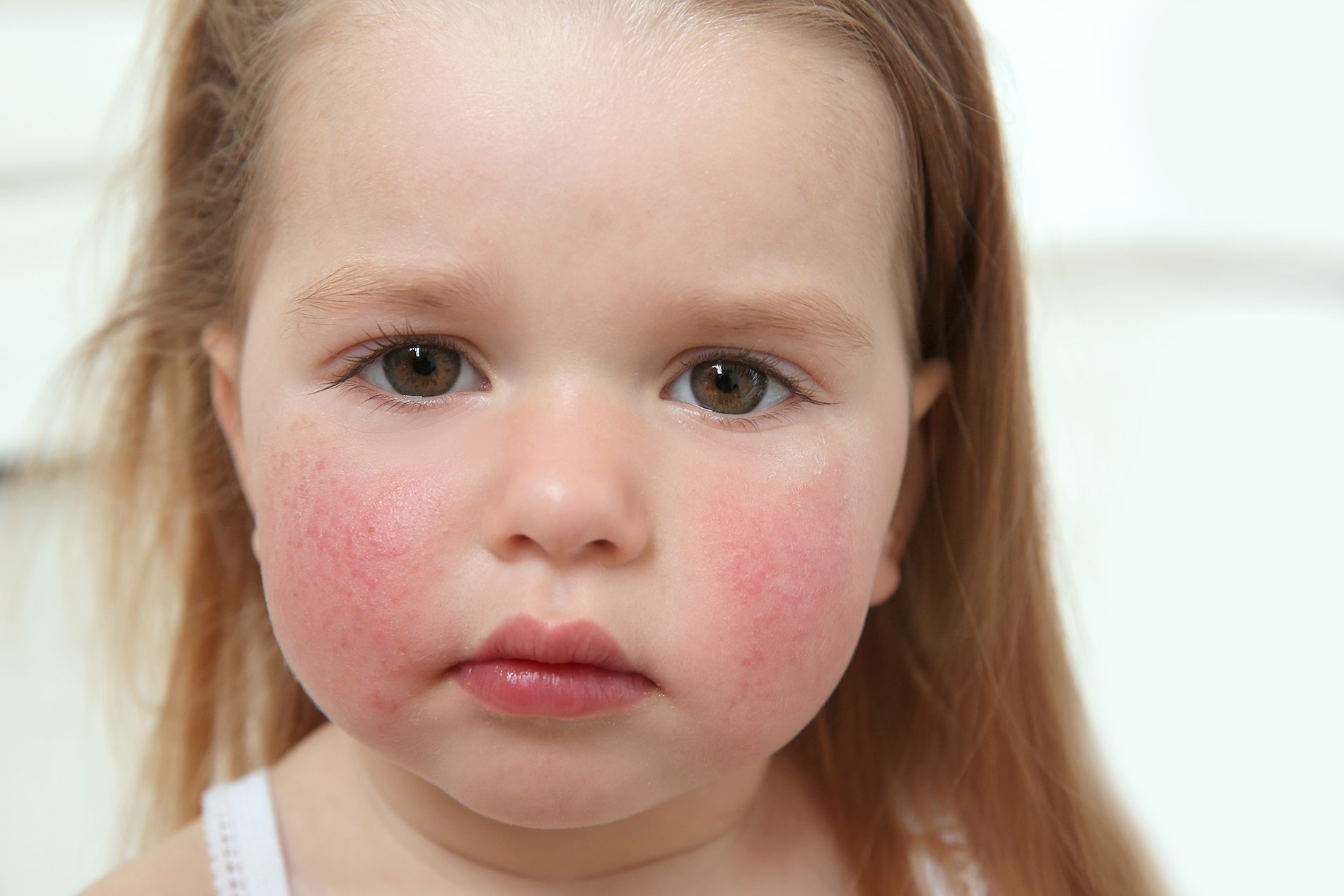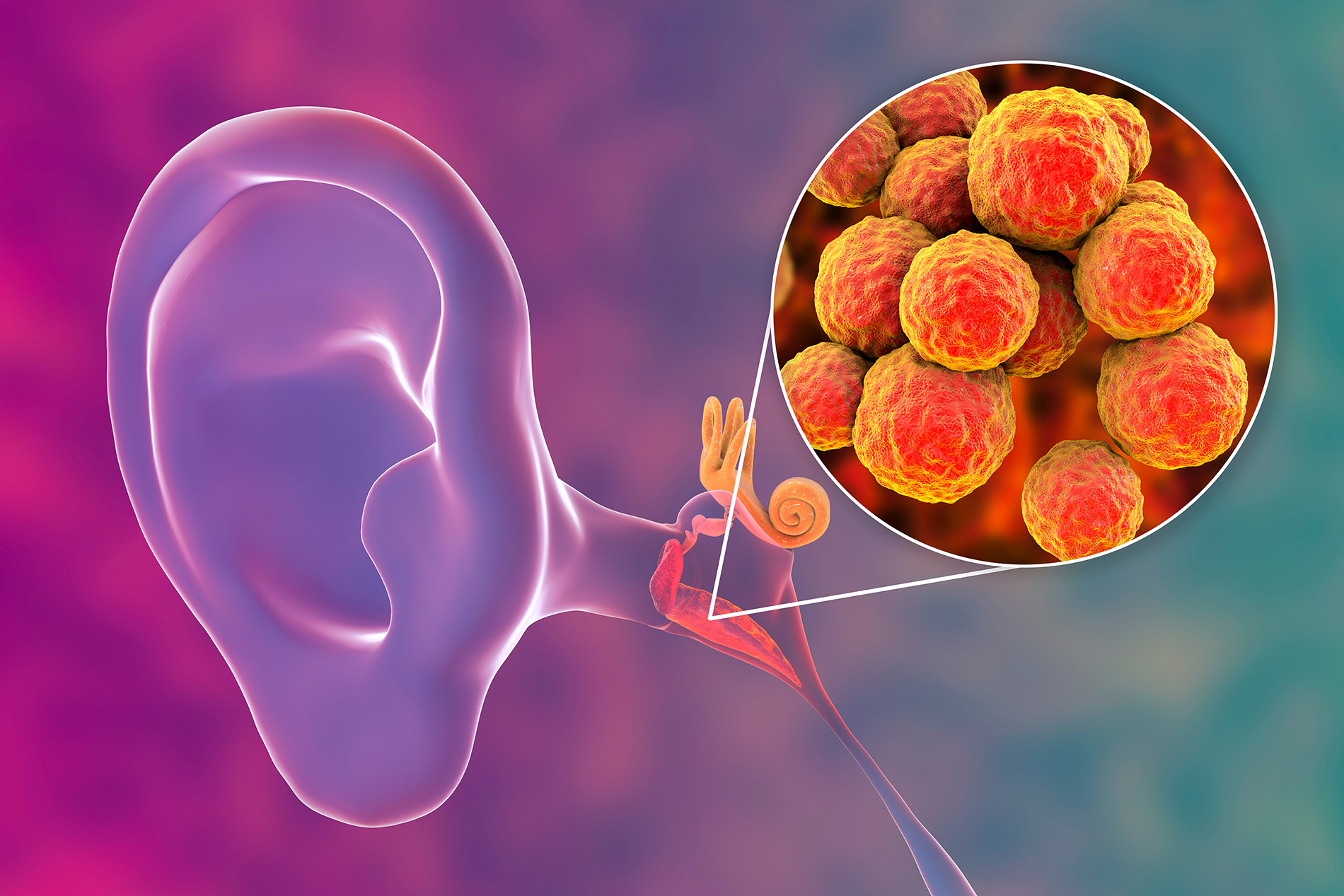by Lauren Shull Mathews, MD FAAP, Lexington Pediatric Practice
While it might sound like something from a math textbook, Fifth's Disease, also known as erythema infectiosum or slapped cheek syndrome, is a viral infection that primarily affects children. Despite its unusual name, this childhood illness is worth understanding, especially if you're a parent or work closely with children.
What is Fifth's Disease?
Fifth's Disease is caused by parvovirus B19, which spreads through respiratory secretions (such as saliva, sputum, or nasal mucus) and sometimes through blood. It's most common in children aged 5 to 15, but it can also affect adults. The name "Fifth's Disease" comes from its historical classification as the fifth of the six common childhood illnesses associated with rashes.
Symptoms
The symptoms of Fifth's Disease can vary from person to person, but some common signs include:
- A distinctive red rash on the cheeks that resembles a slap mark, hence the nickname "slapped cheek syndrome."
- A lacy rash on the trunk, arms, and legs.
- Low-grade fever.
- Headache.
- Fatigue.
- Sore throat.
Not everyone infected with parvovirus B19 will develop symptoms. About 20% of people infected with the virus won't show any signs of illness.
How does it spread?
Fifth's Disease spreads easily, especially in settings where people are in close contact with each other, such as schools and daycare centers. The virus can spread through respiratory droplets when an infected person coughs or sneezes. It's also possible to contract Fifth's Disease by coming into contact with the saliva or blood of an infected person.
Diagnosis and Treatment
Diagnosing Fifth's Disease involves assessing symptoms and conducting blood tests to check for antibodies to parvovirus B19. Unfortunately, there is no specific treatment for Fifth's Disease other than managing symptoms. Most people recover from the illness without complications within a couple of weeks.
Risks and Complications
While Fifth's Disease is typically a mild illness, it can pose risks to specific groups, including:
- Pregnant women: Parvovirus B19 can cause complications during pregnancy, including anemia in the fetus.
- People with weakened immune systems: Individuals with conditions such as HIV/AIDS or those undergoing chemotherapy may experience more severe symptoms.
Prevention
Preventing the spread of Fifth's Disease involves practicing good hygiene, such as:
- Washing hands frequently with soap and water.
- Cover your mouth and nose with a tissue or your elbow when coughing or sneezing.
- Avoiding close contact with individuals who are sick.

Lauren Shull Mathews, MD FAAP, Lexington Pediatric Practice







Leave a comment